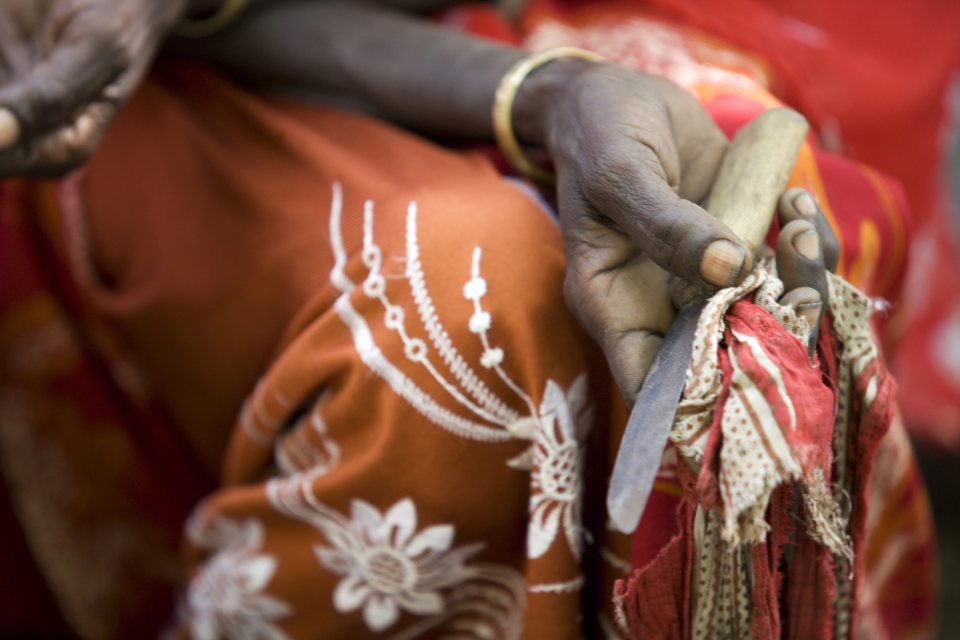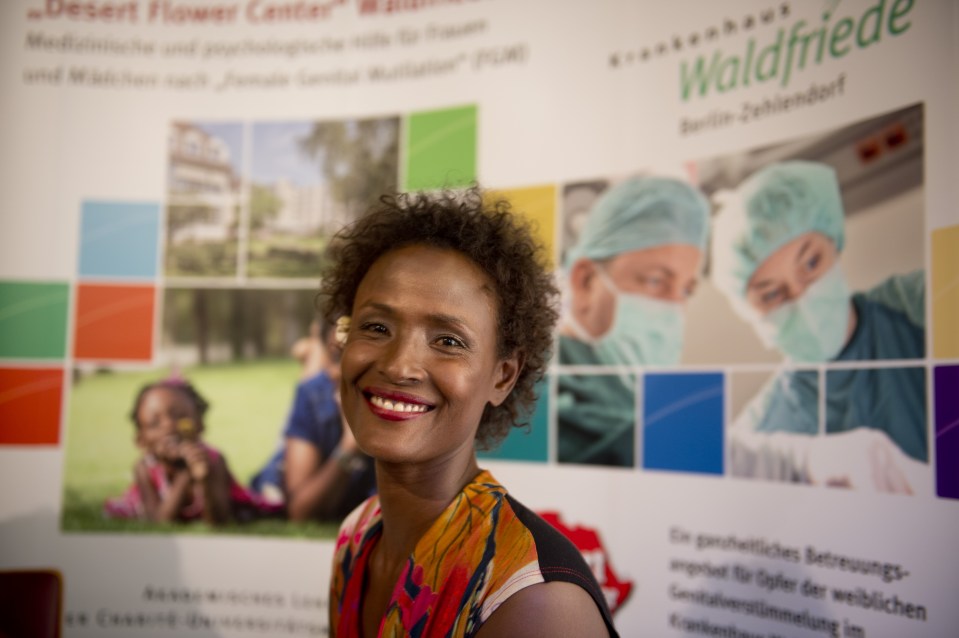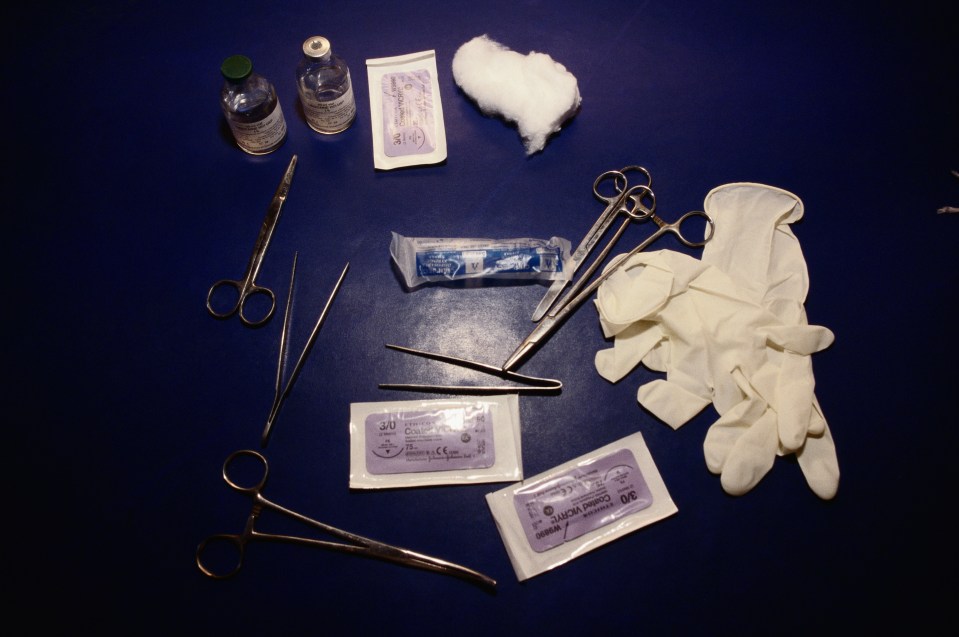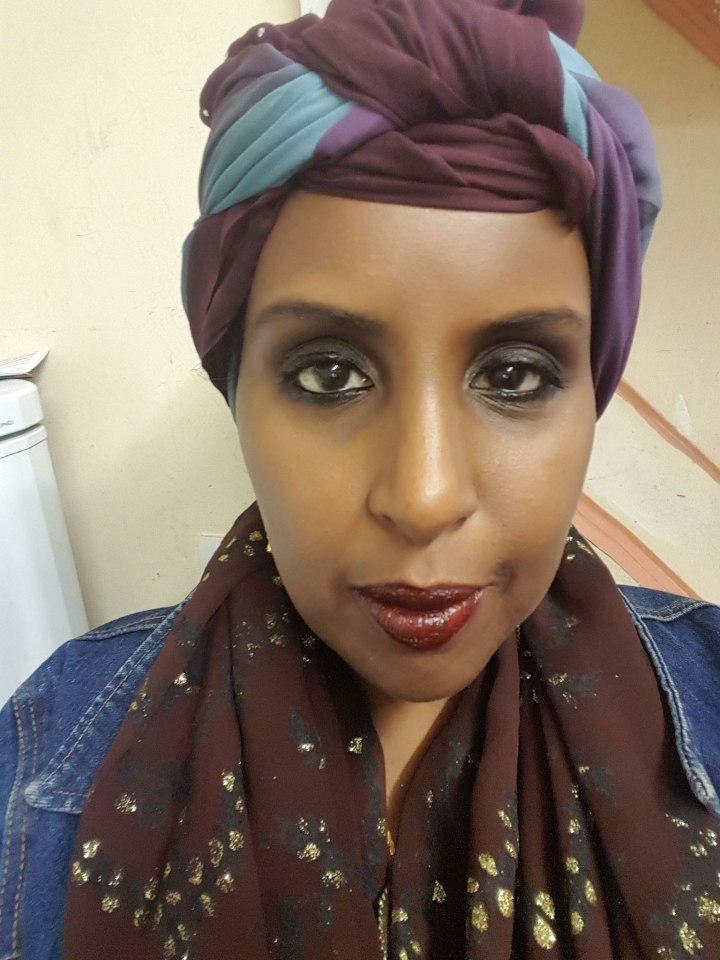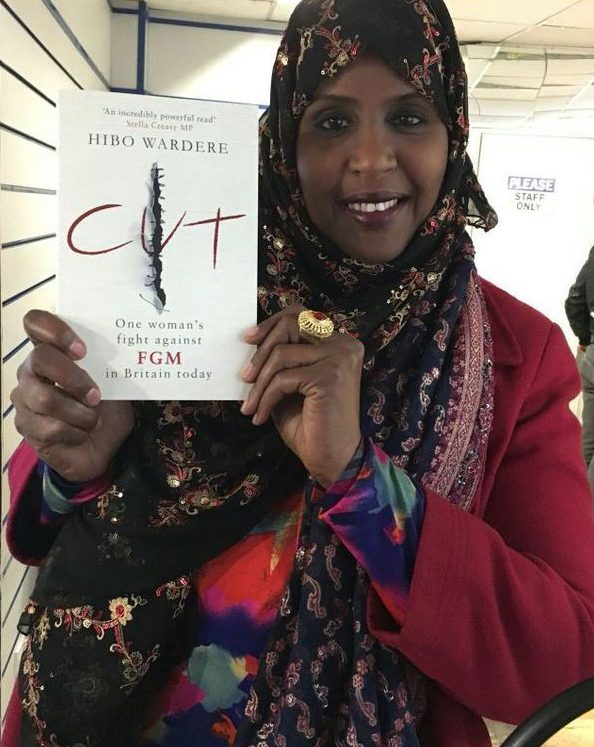More than 5,000 new cases of FGM recorded in the last year – and over ONE HUNDRED involving British-born women and girls

MORE THAN 5,000 newly recorded cases of Female Genital Mutilation were reported in England in the past year.
And 112 of them were involving women and girls who were born in the UK.
shows that the most common age to have the practise done was between the ages of 5 and 9 years old, and 95 per cent of all new cases recorded said the practise took case before they reached 18.
Female Genital Mutilation refers to procedures which intentionally cause injury to genial organs for non-medical reasons.
It has been illegal in the UK since 1985 but there has STILL not been one successful prosecution.
One was brought to trial but both people were cleared in that case.
The law was strengthened in 2003 to try and stop girls travelling from the UK to have the process abroad.
And in 2015 it became mandatory for all health services to report any cases they were aware of - whether the practise was new, or took place many years ago.
This could be the reason for an increase in the numbers.
MOST READ IN POLITICS
Last year MPs on the Commons home affairs committee said it was "beyond belief" that no one had been convicted of the practise, and there must be "stronger sanctions".
They said no successful convictions would mean that women and girls would be deterred from coming forward.
The latest data from between April 2016 and March 2017 showed 9,179 attendances at NHS trusts and GP practises where FGM was identified - and 5,391 of those are new cases (where the NHS was first made aware of the patient having experienced the practise).
The total number of attendances featuring those who had experienced FGM were 9,179.
Around a third were women and girls born in Somalia.
African communities are at a higher risk - including women and girls from Egypt, Gambia, Kenya and Nigeria.
Former Lib Dem minister Lynne Featherstone said more must be done to stamp out the sick process.
She said: "FGM is an abhorrent, nasty, evil crime and we have to redouble our efforts to end it. Hearing that we are seeing over 5,000 cases makes me incredibly angry, we must do more, working with communities to get the message over that this is wrong.
"It is important to say that these are not new cases of FGM, rather newly recorded cases picked up by medical professionals.
"At this point we don’t know if the increase we are seeing is down to greater knowledge of FGM or a rise in cases, but for me, one case of FGM is one too many."
And Sarah Newton, Minister for Vulnerability and Safeguarding said: "Female Genital Mutilation is a crime and it is child abuse. This Government is clear that it will not tolerate a practice that causes lifelong physical and psychological suffering to women and girls.
"This Government is taking world-leading action to tackle this devastating crime. We have significantly strengthened the law on FGM, including introducing a new offence of failing to protect a girl from FGM, extending the reach of extra territorial offences, creating civil FGM Protection Orders to ensure we are able to protect women and girls at the earliest opportunity, and introducing a new mandatory reporting duty for frontline professionals."
The National FGM centre, run by Barnardo's and the Local Government Association, called for more funding to continue their work.
Michelle Lee-Izu said: "The Centre’s remit is to help eradicate FGM for girls and women living in England by 2030 but this will not happen if it closes down just two years after being set up by the Government.
"The Government has said it is committed to ending FGM and more funding needs to be found so the Centre’s work can continue."
The NSPCC, which has a dedicated FGM helpline, urged more to come forward.
A spokesperson said: "FGM is child abuse. Despite being illegal for over 30 years, too many people are still being subjected to it and it is right that health services have started to properly record evidence of this horrendous practice.
"It takes courage to report concerns as many feel ashamed or worry they will betray friends and family. But we need to end the silence that surrounds FGM to better protect children.”
Anyone concerned about someone who has suffered, or is at risk of, FGM, can contact the NSPCC FGM Helpline anonymously on 0800 028 3550 or visit .


